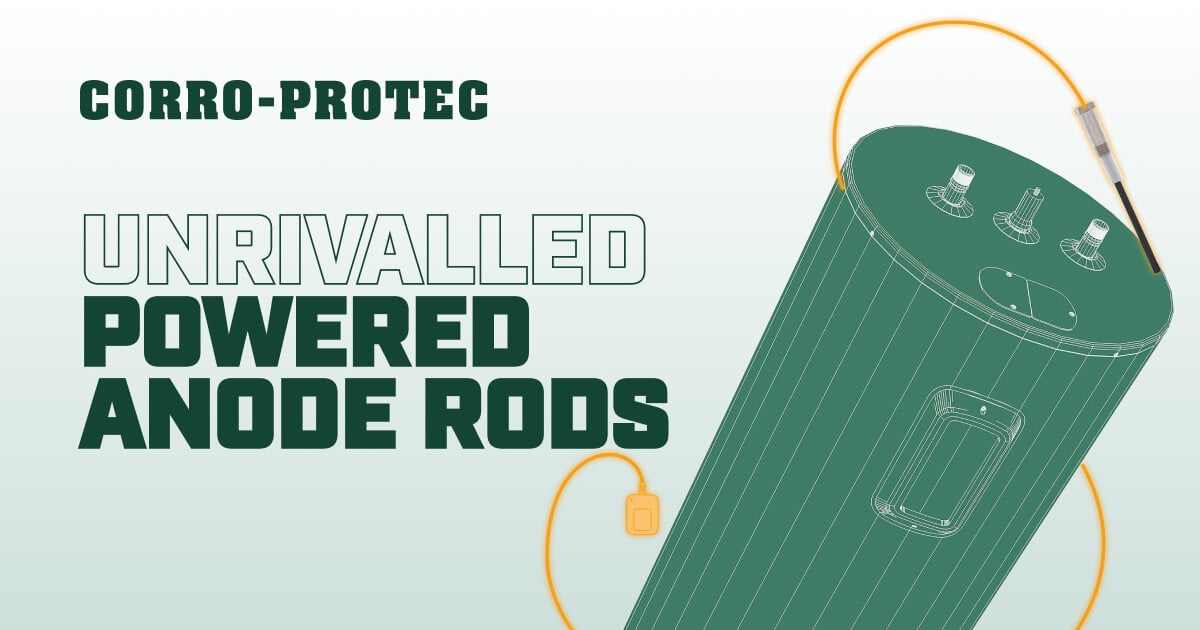Rheem gas water heater from 2018. Had house from summer of 19. Have water softener before the water heater. That supposedly makes the anode go bad faster.
Have 1-1/6 socket. Tried to remove it back in december. Socket had some id chamfer. Tried to remove the rod. Socket is starting to slip off. Also didn't have the replacement rod at the time.
Tried again today. Ground the front of the socket to remove most of the chamfer. Used 18" breaker bar with some kroil. Tried hex bit impact driver adapted up to fit the socket.
Yes I let off some pressure and let some water drain out. Water heater was still mostly hot. Turned water heater temp down as well.
Have done kroil on it. Kroil is soaking in now. Had some soaking in December. The bottom of the hole is 1.2" down. Hole barely fits the socket.

The stupid rod only has .2" of flat. That is dumb.
Considering calling the plumber but I'm afraid they will say it's stuck and you will have to get a new water heater when it goes bad.
Or I will have to drill it out. It's on the back side of the exhaust flue.
Any ideas?
Have 1-1/6 socket. Tried to remove it back in december. Socket had some id chamfer. Tried to remove the rod. Socket is starting to slip off. Also didn't have the replacement rod at the time.
Tried again today. Ground the front of the socket to remove most of the chamfer. Used 18" breaker bar with some kroil. Tried hex bit impact driver adapted up to fit the socket.
Yes I let off some pressure and let some water drain out. Water heater was still mostly hot. Turned water heater temp down as well.
Have done kroil on it. Kroil is soaking in now. Had some soaking in December. The bottom of the hole is 1.2" down. Hole barely fits the socket.
The stupid rod only has .2" of flat. That is dumb.
Considering calling the plumber but I'm afraid they will say it's stuck and you will have to get a new water heater when it goes bad.
Or I will have to drill it out. It's on the back side of the exhaust flue.
Any ideas?
Last edited:

